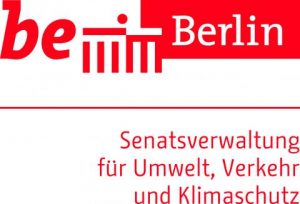Phosphorus Potentials in the Berlin Region
It is a matter of fact that phosphorus is irreplaceable as a nutrient and basis of life, but it turns out that his perceived unlimited resource is in fact limited. Consequently, the sustainable use of phosphorus is increasingly being considered, both on an international and national level.
In addition to research initiatives relating to phosphorus recovery methods, material flow analyses provide an important basis for the development of sustainable phosphorus utilisation strategies. Although phosphorus flows and balances of the European Member States and also other countries already exist, these are not always consistent and exclusively based on theoretical assessment.
The fact that the Berlin metropolitan region differs from the German system in many structural issues is another argument for carrying out a regional material flow analysis to gain solid data. Only in this way is it possible to analyse the amounts of phosphorus and uplift potential contained in the individual streams and to derive targeted specifications for the implementation of a resource-efficient circular economy. Consequently, the right investments can be made where it appears necessary.
Within the scope of the P-POT project funded by the UEPII (Berlin Environmental Relief Programme), the phosphorus flows relevant for Berlin were for the first time identified, analysed and examined in terms of the recoverability of the phosphorus contained. The resulting recommendations are tailored to the state of Berlin, although transferability to other regions cannot be excluded.
Website of the project (in German only)





